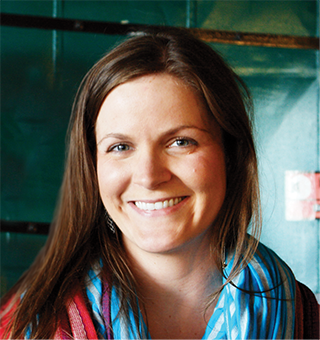Paying closing costs isn't as easy as simply writing out a check from your personal bank account because the seller has no way of knowing your account can cover the amount. Cash would be impractical (can you imagine how long it would take to count out several thousands of dollars?), and title and escrow companies won’t accept cash anyway.
Instead, the method of payment needs to carry a little more weight
– it must be a “guaranteed” form of payment that assures the payee that the check is good for all those thousands of dollars. Typically, you'll need to secure a cashier’s or certified check. It should only take a few minutes to have your bank draw one up for you, provided the funds are already in your account, but you'll want to do this a few days in advance of your closing date in case you run into any issues. Alternatively, you may be able to wire your closing funds.
